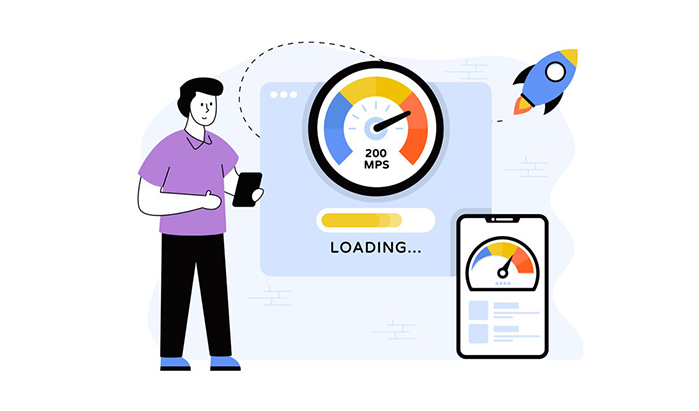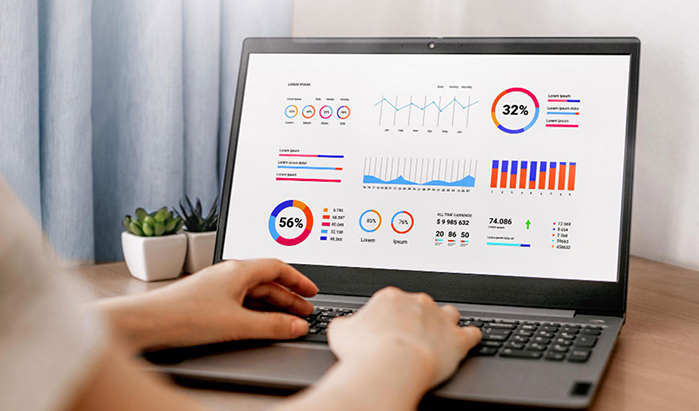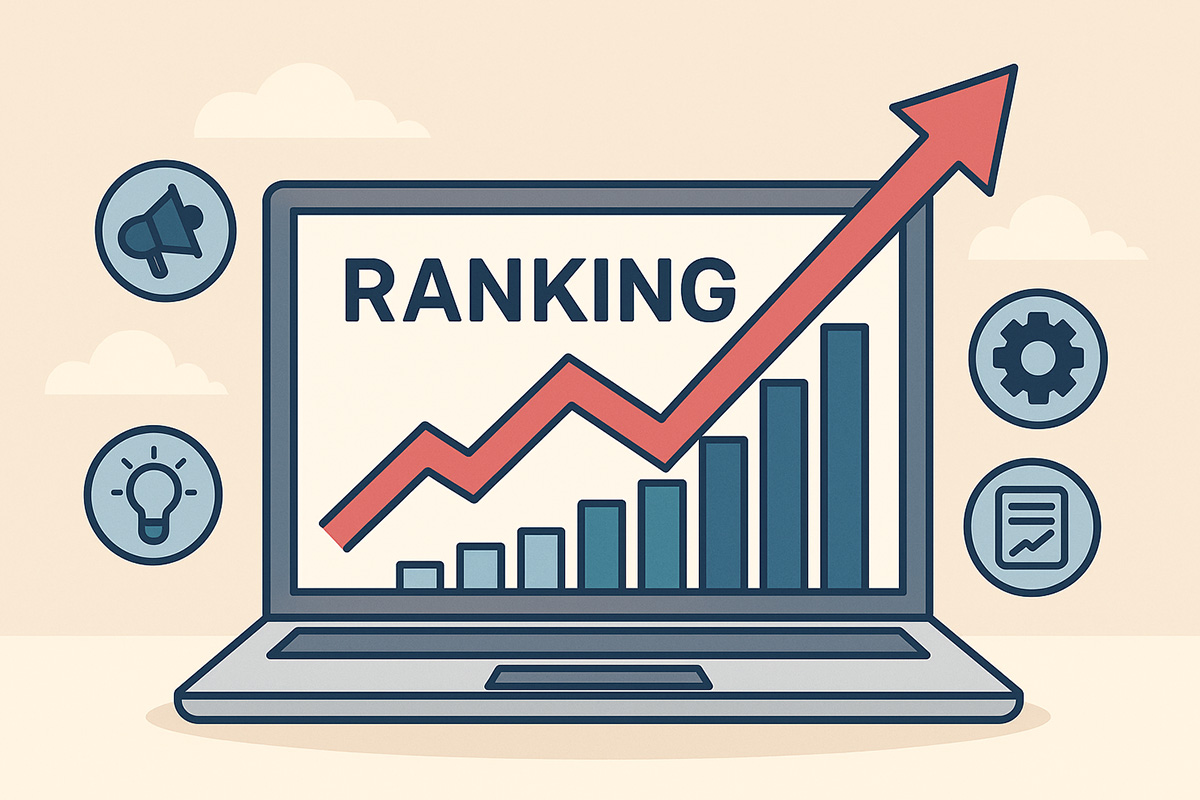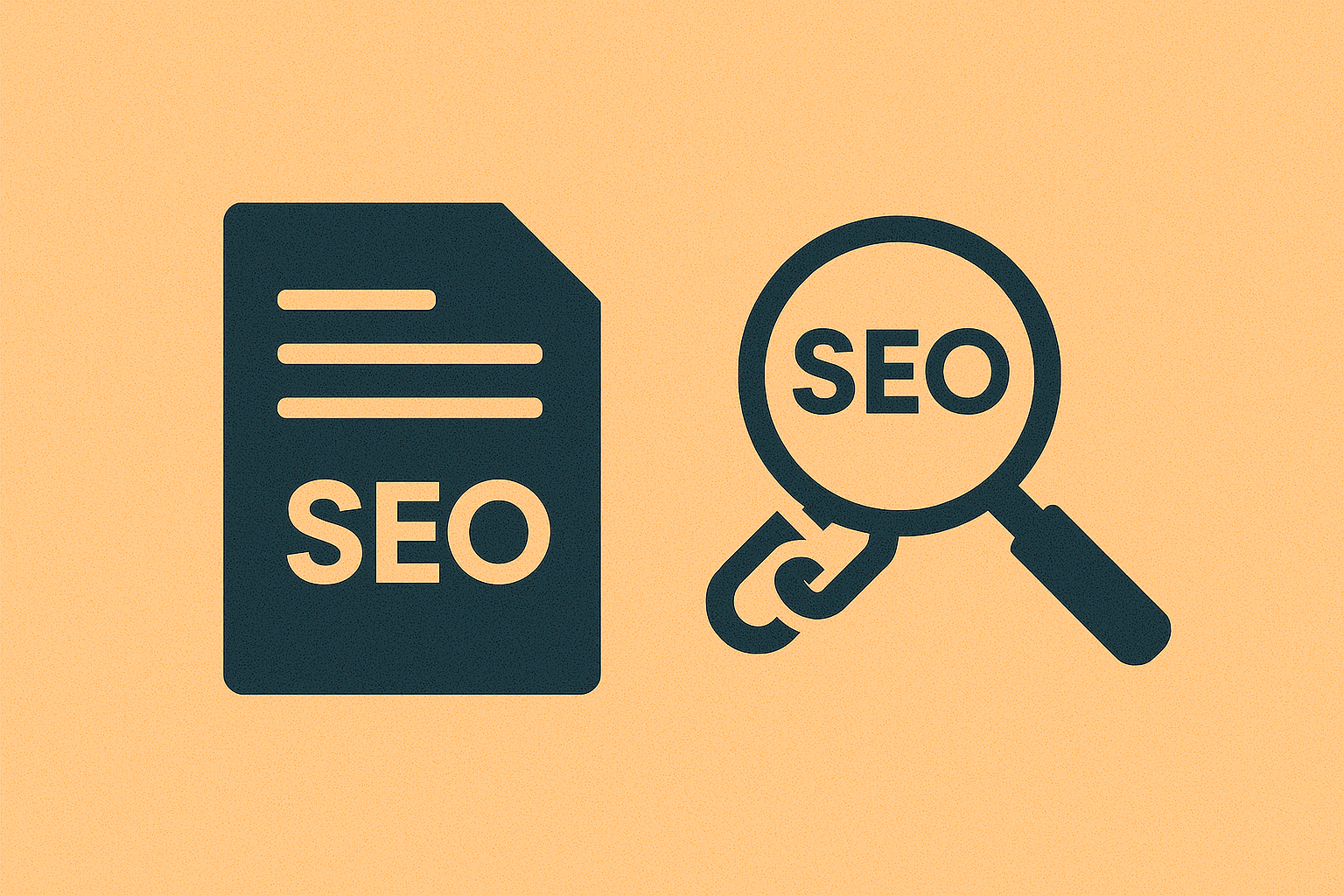Home / Blogs / 10 Actions That Help Improve Your Google Keyword Rankings
10 Actions That Help Improve Your Google Keyword Rankings
 SEO
SEO
Discovering the path to success on Google's search results has never been more critical for businesses and website owners alike. While there’s no magic bullet, there are steps you can take to climb to the top of a search engine results page (SERP). So, let’s take a look at 10 steps that will help improve your Google keyword rankings. Ready to see your website as it climbs the search engine rankings and gets the attention it deserves?
Step-by-Step Guide on How to Rank High on Google
Let’s take a closer look at various ranking factors and discuss how you can more effectively use keywords to drive search traffic.
- Measure your rankings
The first and most obvious place to begin is by measuring your rankings. You won’t be able to tell how far you’ve come or how much you’ve progressed until you have a firm grasp of your baseline keyword performance. It is strongly recommended that you export and retain all of this useful keyword data for future reference. This will help you show how far you have come in your search engine optimisation skills.
- Target the right keywords
To ensure your keyword targets are aligned with overarching business objectives and offer real value, it’s important that you understand both the search intent behind them and the difficulty of ranking.
To ensure your keyword targets are aligned with inclusive business goals and offer real value, it’s important that you know both the search intent behind them and the difficulty of ranking. Knowing what it takes to rank for a specific keyword can help you draw inferences about what content development efforts will be necessary, as well as design a content production strategy. It is hence important to do a thorough SERP analysis.
- High quality and relevant content
Quality content has the potential to accomplish marketing objectives. Creating high-quality, informative and engaging content is important to improve keyword rankings. Google values new, creative, and relevant material that meets the demands of its target audience. Make sure your material is well-structured, organically combines your target keywords, and provides actual value to readers.
- On page optimization
On-page optimisation plays an important role in increasing keyword rank. Utilise the detected keywords to optimise your title tags, meta descriptions, headers, and content. Make sure your URLs are clear and informative, and include primary keywords wherever doable. To increase accessibility and create more keyword possibilities, use relevant alt tags for images. However, keep in mind that keyword stuffing might result in search engine consequences.
- Improve page load speed
Page load speed has a huge influence on both user experience and SEO. To analyse and optimise your website's load time, you can use tools like Google PageSpeed Insights. To speed up your site, compress pictures, enable browser caching, and use content delivery networks (CDNs). Pages that load quickly are more likely to rank higher in search engine results pages.
- Mobile-friendly website
With the surge of smartphone searches, having a mobile-friendly website is no longer a choice, but a need. Google considers mobile friendliness to be a ranking factor. Check that your website is adaptive and loads swiftly on mobile devices. A mobile-friendly site encourages longer visit durations, lowers bounce rates, and increases keyword ranks.
- Leverage social media
Social media participation not only increases direct traffic but also has an indirect influence on SEO. Spread the word about your content on social media channels to reach a larger audience and promote more shares and conversations. While social signals are not a direct ranking factor, more exposure and interaction can result in more backlinks and higher search rankings over time.
- Build high quality backlinks
Obtaining high quality backlinks from reliable websites in your industry is an effective strategy to boost keyword rankings. Focus and concentrate on producing material that can be shared with your audience, this will automatically draw links from other websites. Other things which you could do is participate in industry forums and connect with influencers to broaden your reach.
- User experience matters
Google places a strong emphasis on user experience when deciding rankings. Improve the navigation, design, and general usability of your website. Make sure your website is simple to use, with clear calls to action and an organised site structure. A good user experience results in longer visit durations, fewer bounce rates, and higher rankings.
- Regularly update and optimise your website
Search engines value fresh and updated content. Revisit and optimise your previous blog articles and web pages on a regular basis. Add new data, update statistics, and ensure that the material remains current and correct. This tells search engines that your website is being regularly updated, which increases your chances of appearing higher in search results.
Conclusion
Improving your Google keyword rankings takes time, effort, and a well-rounded SEO plan. With the help of a SEO agency in Mumbai, you can climb the search engine ranking by completing accurate keyword research, optimising your content and website, and focusing on user experience.
At Verve Media, we keep up with the current algorithms and SEO trends to increase traffic organically. Our team of professionals help improve your online exposure, generate more organic visitors, and achieve long-term success in the competitive digital world with persistent work and the appropriate technique. Contact us today to get started!

.jpg)
.jpg)


























































































.jpg)




























